What is Aromatherapy?
It might be possible that you've already encountered aromatherapy in your daily life, perhaps when your mother used to steam eucalyptus or tea tree oil in the bathroom when you had a cold. But what is aromatherapy exactly? Where does it come from, and what is it used for?
Aromatherapy has been used as a remedy in China since around 4000 BC. The knowledge of aromatherapy spread from China to other parts of the world. It was particularly popular in Egypt. In 1922, scent jars were discovered at Tutankhamun's tomb. Essential oils were used mainly for medicinal purposes, but aromatherapy also played a significant role in religion. For instance, churches used sulfur, hops, pepper, and incense for disinfection, and affluent individuals wore necklaces containing essential oils.
Aromatherapy revolves around smelling oils, which depends on your nose recognizing scents. These scents reach a part of your brain where memories and emotions are stored, known as the limbic system. New research suggests that inhaling these oils activates this part of your brain. This activation can influence your body, emotions, and even your mental state. There's increasing research indicating the positive effects of aromatherapy.
Essential oils are concentrated, volatile oils derived from plants. They are extracted from various parts of the plant, such as flowers, leaves, bark, roots, or seeds. These oils contain the characteristic scent and taste of the plant they are extracted from. To ensure the safe use of oils for humans, steam distillation or cold pressing is employed. Afterward, they can be used for various purposes, including relaxation, skincare, spreading fragrance, and even for some health benefits.
Essential oils can brighten up your daily routine. For example, add a few drops of citrus oil to your shower for a fresh start, or use an aroma diffuser with a few drops of lavender or peppermint during work to reduce stress. Oils like rosemary can help relax tired muscles, while eucalyptus may provide relief during a cold. Plenty of reasons to give aromatherapy and the Novizou oils a try!
It's important to note that everyone can react differently to essential oils. Therefore, it's advisable to conduct research before use or seek advice from an expert.




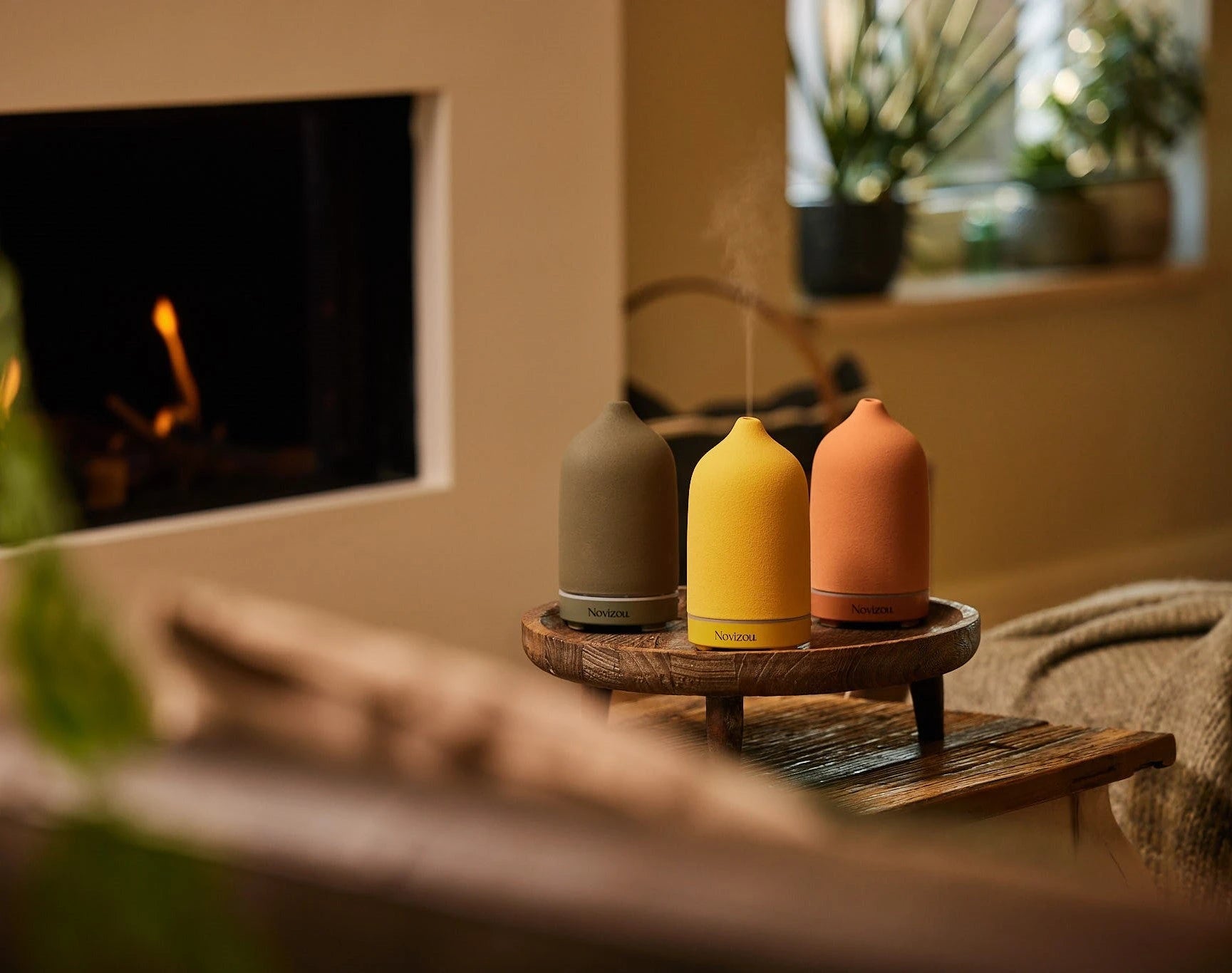
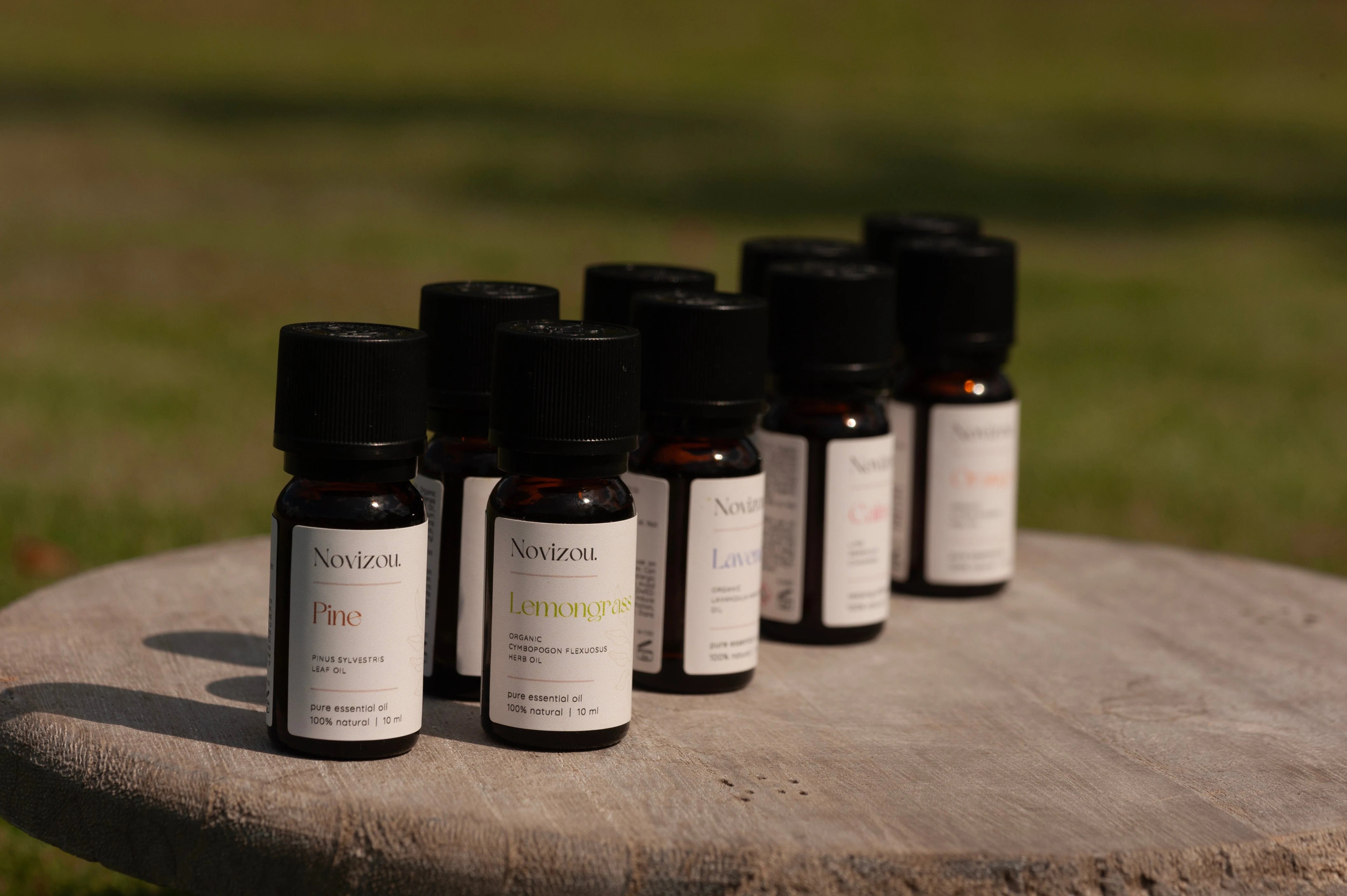
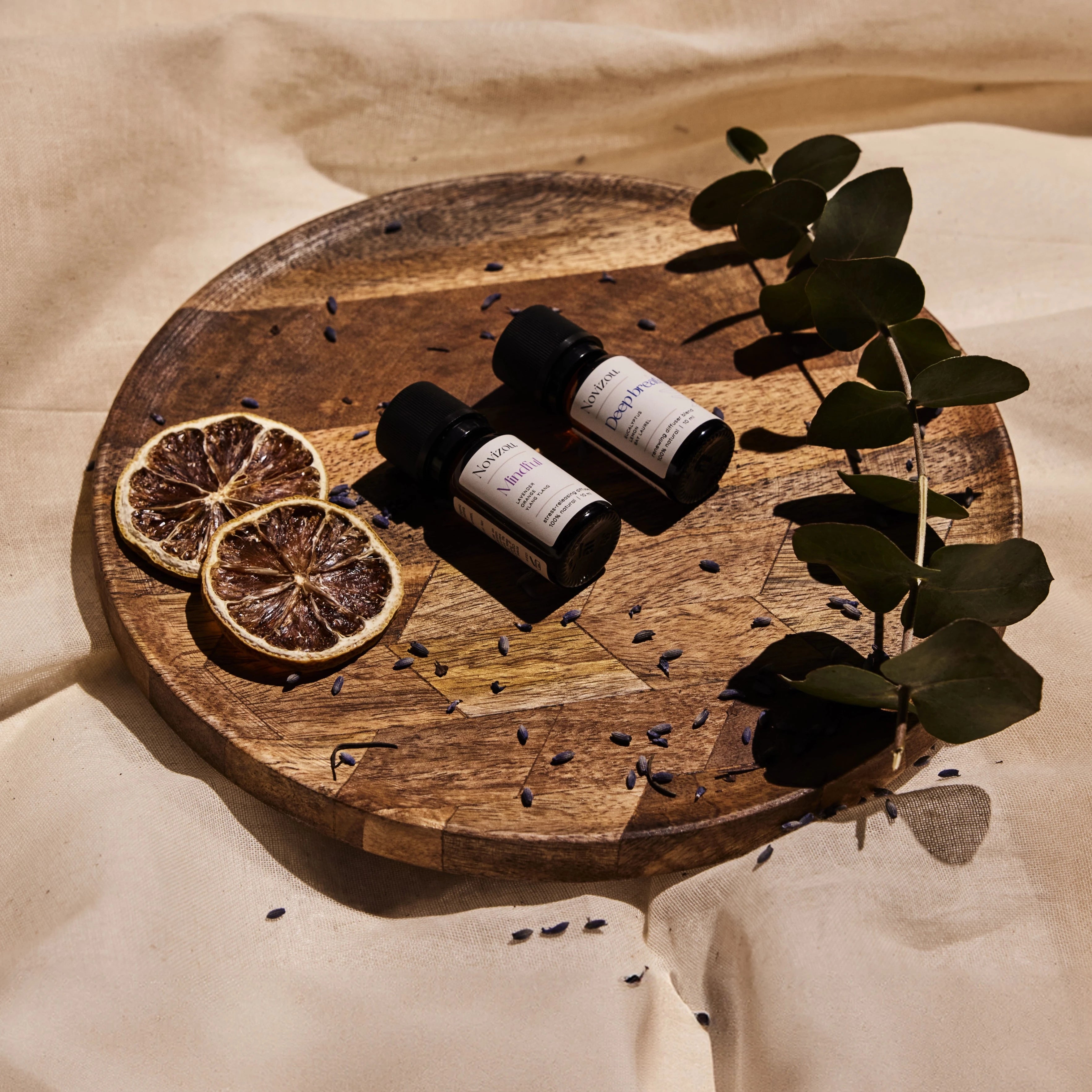
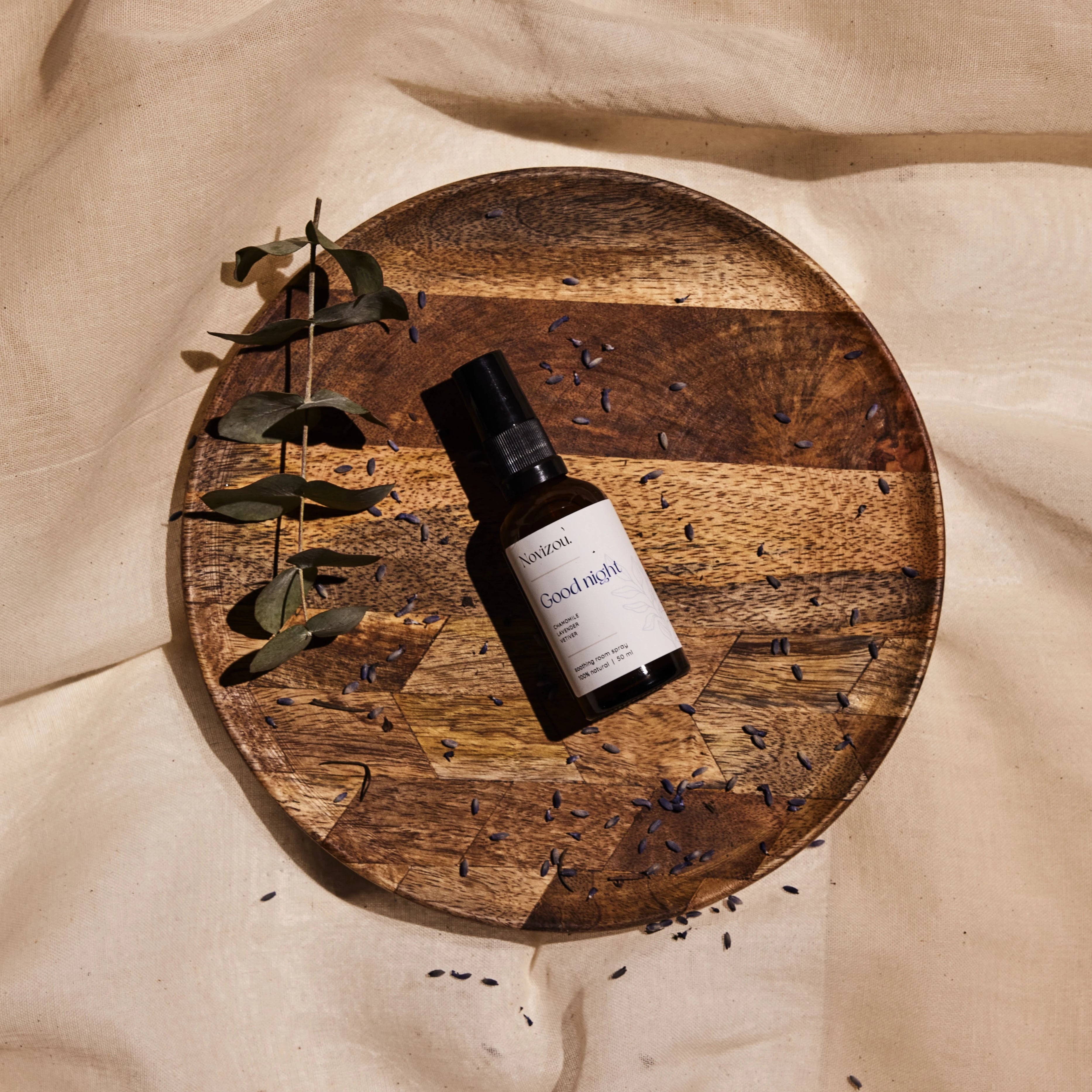
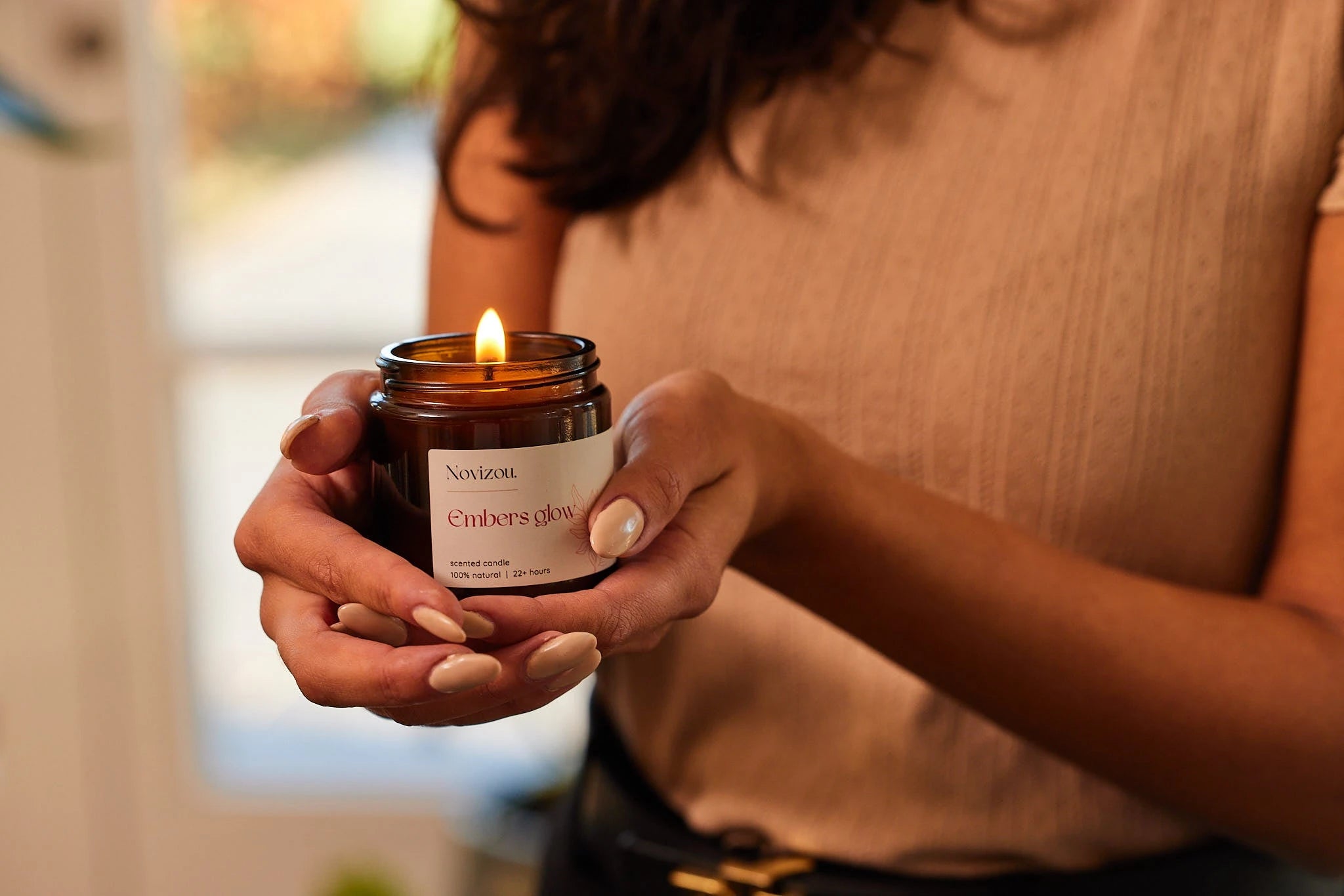
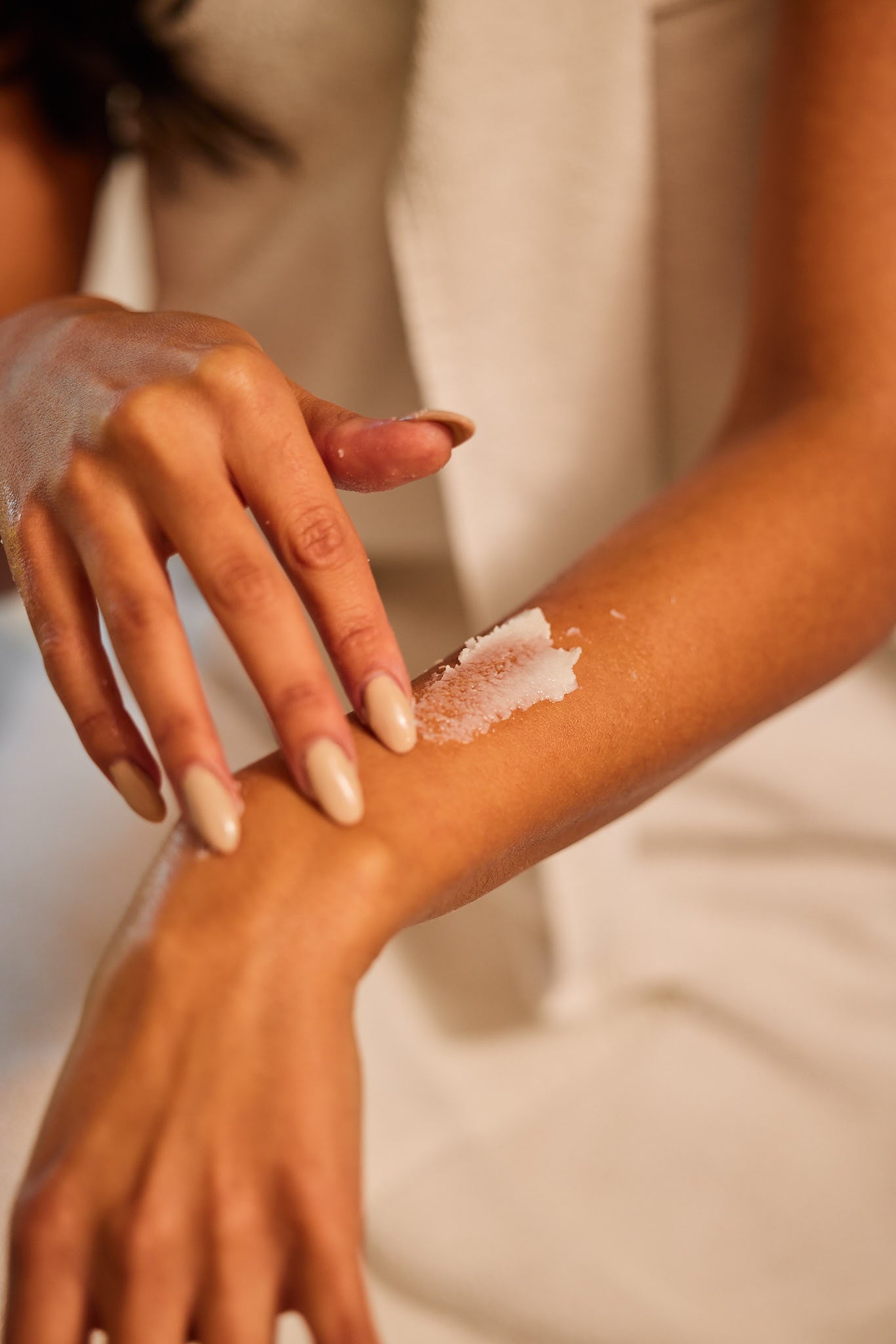



Leave a comment